Seed sowing of fortune tree
The germination rate of fortune trees sown by sowing is actually very high, and the fortune trees sown by seeds are thicker and easier to maintain
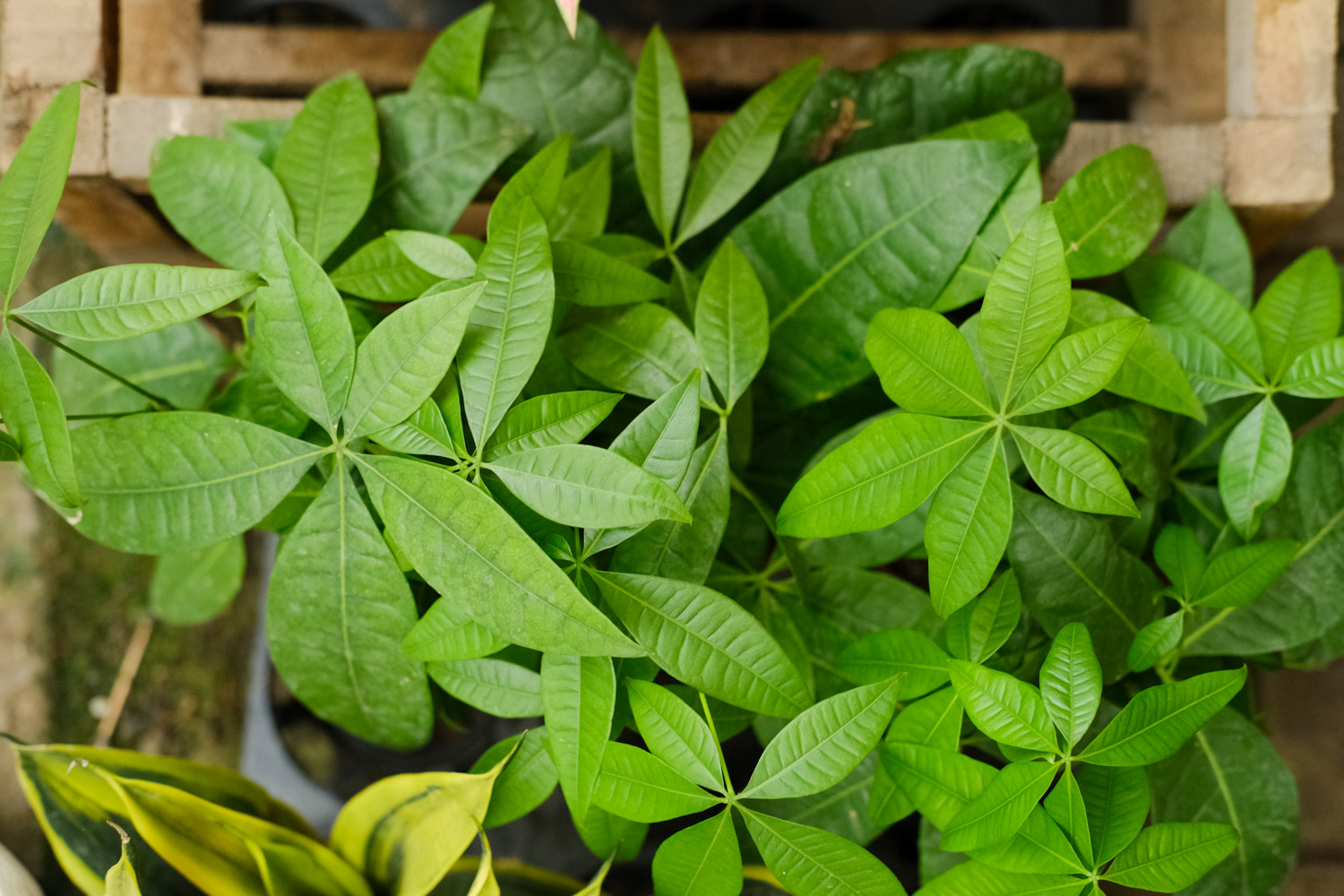
Seeding steps
1. As long as the temperature is above 20 degrees, fortune trees can be sown in all seasons. Flower friends without heating in the South should pay special attention
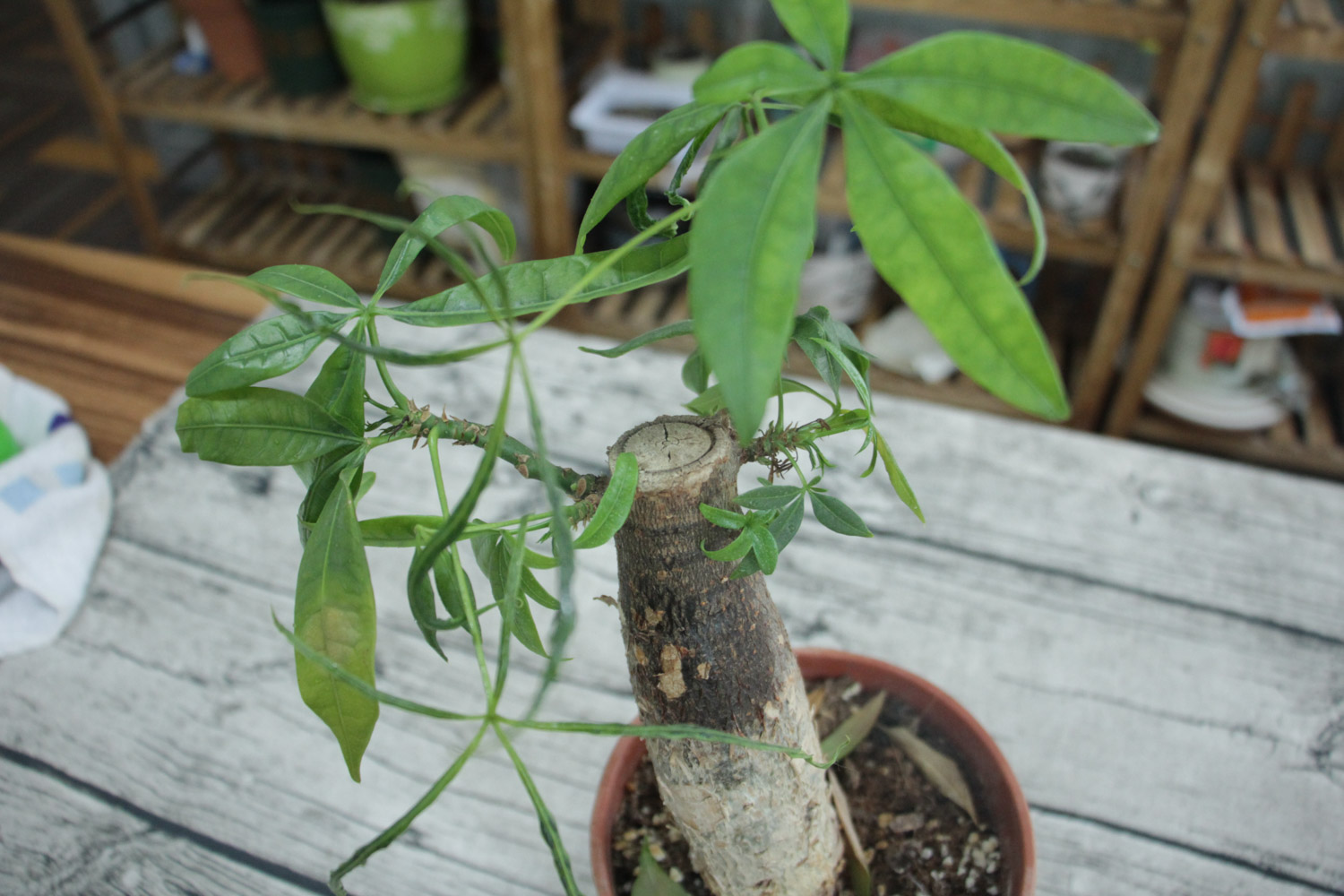
2. Take off the mature seed pods of the fortune tree and gently knock them open to see the small seeds inside
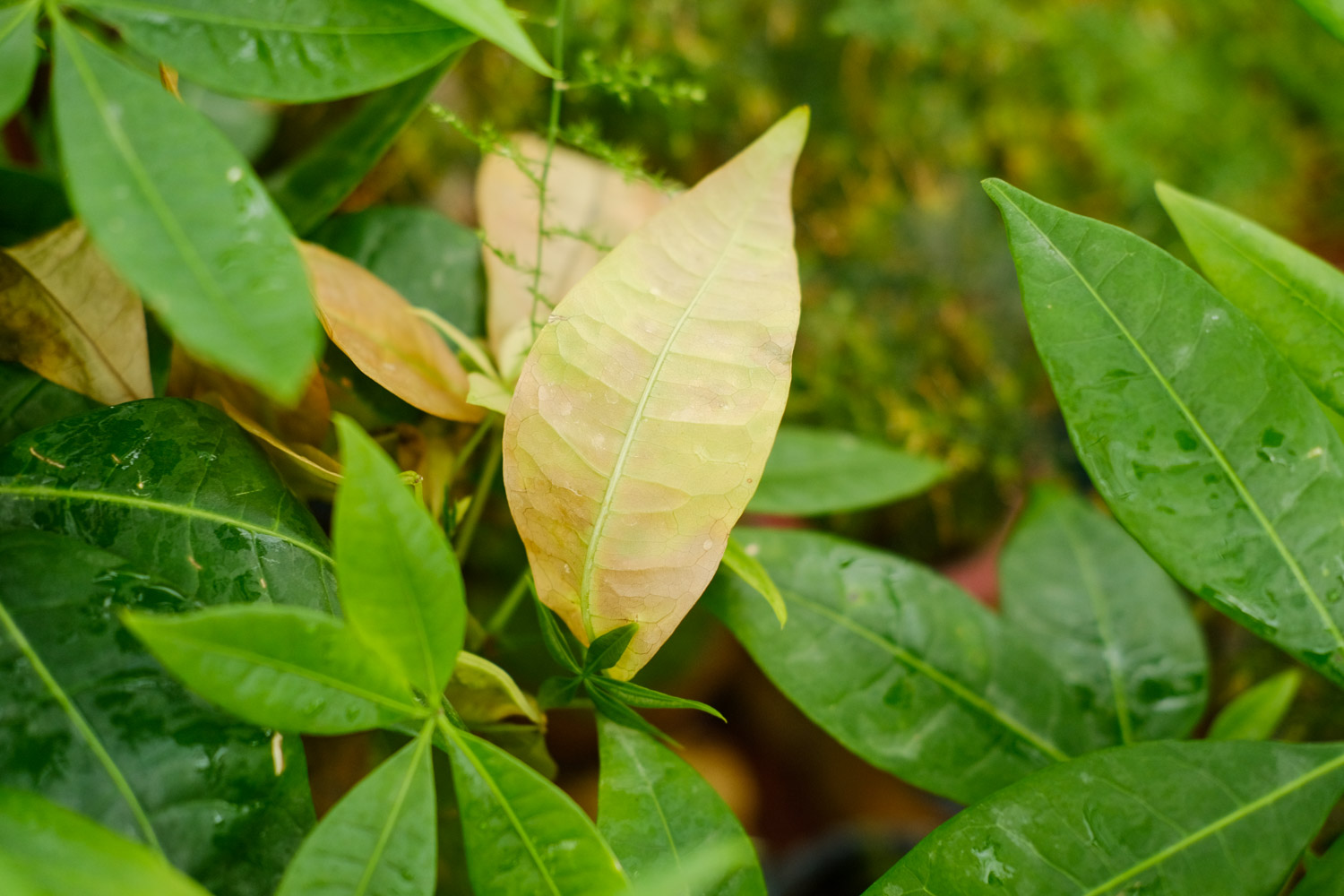
3. Spread the seeds of fortune tree in a cool and ventilated place, air them for a while, and then soak them in carbendazim solution for 10 minutes for sterilization
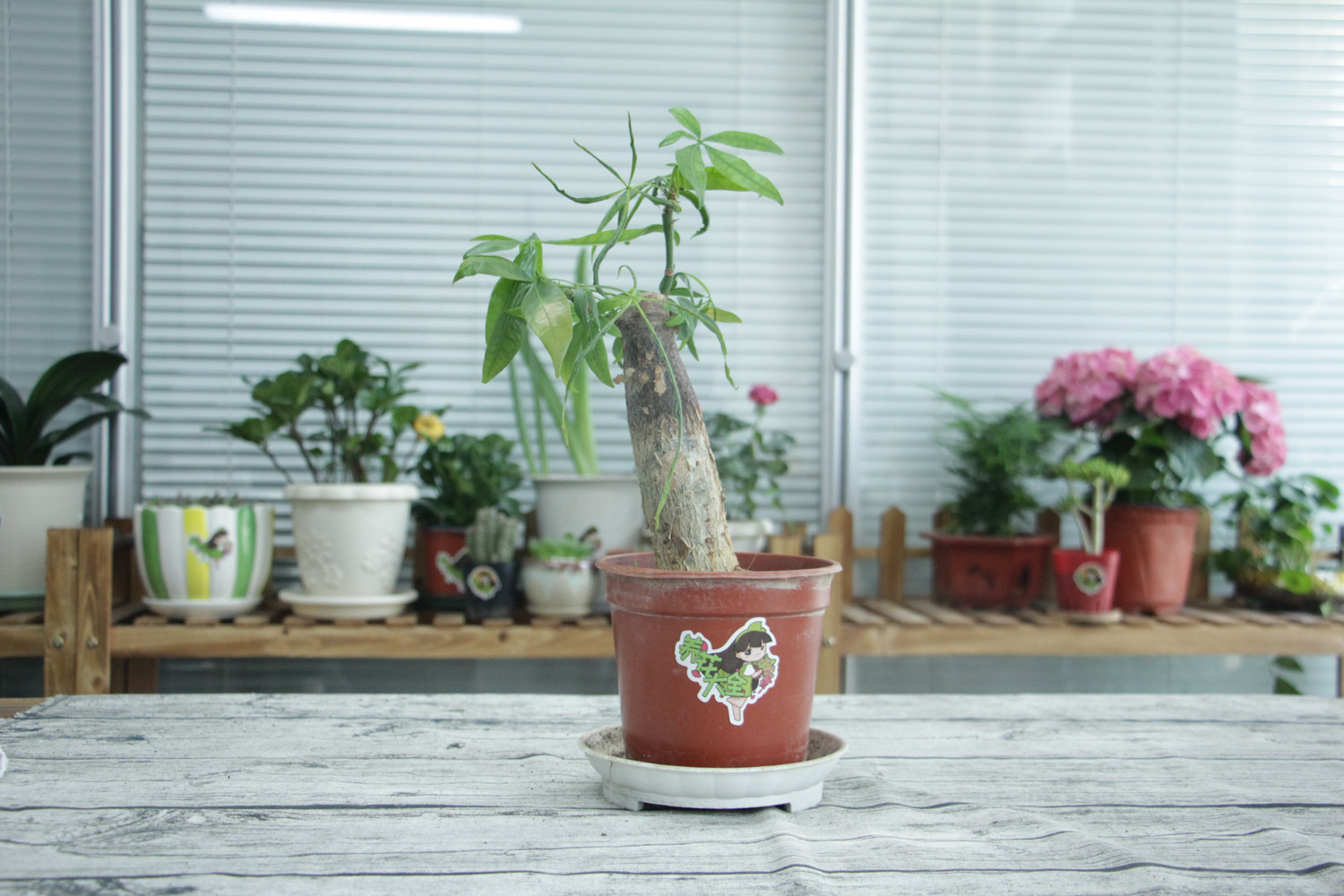
4. Plant the seeds of fortune tree into the soil, with the tip end facing down, and the seed surface is covered with soil of 1-2 cm. The planting soil can be peat soil or peat + perlite
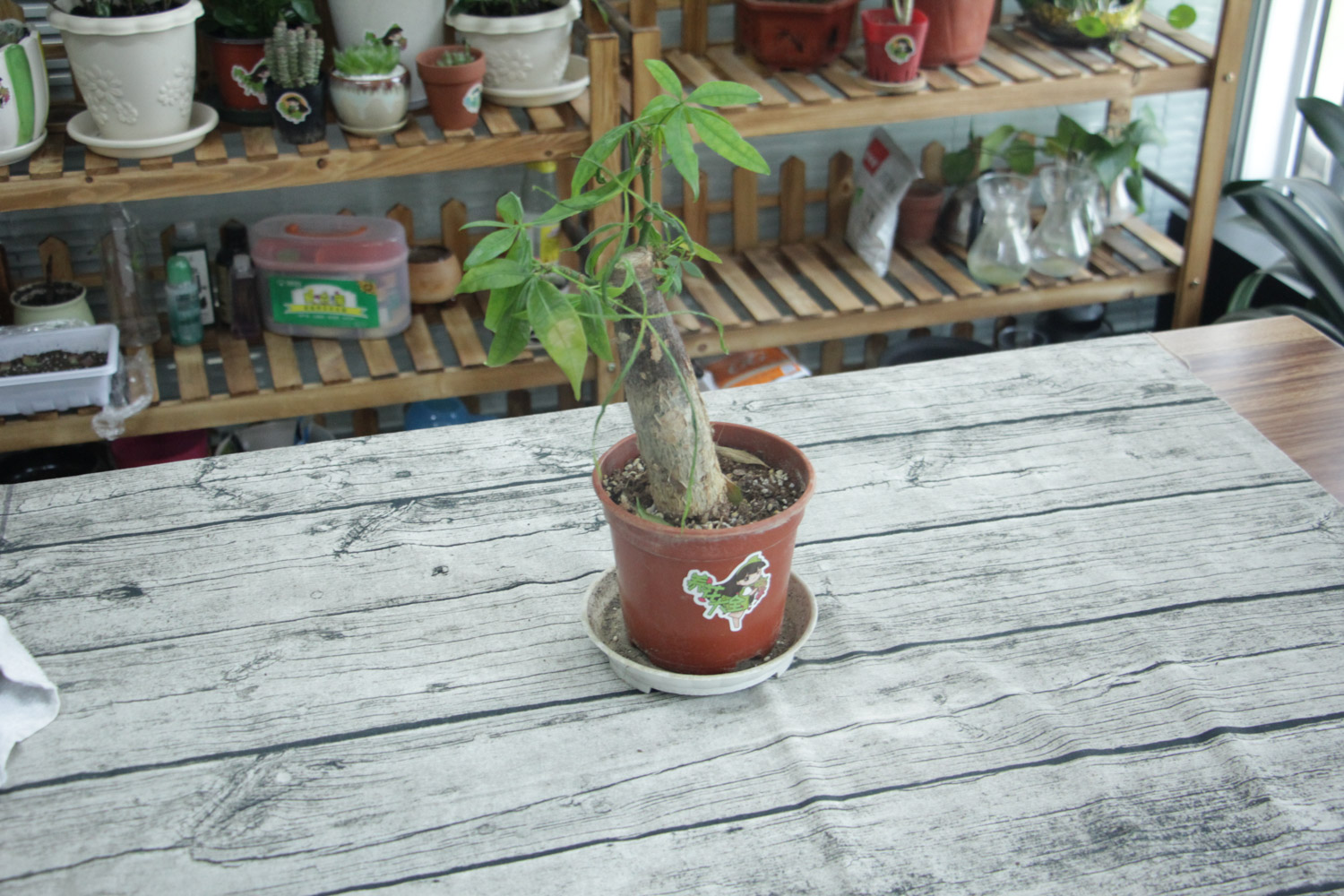
5. Pour water and place it in a place with astigmatism and ventilation for maintenance. Keep it dry and do not pour water during the period. You can see the germination of seedlings in about 10 days
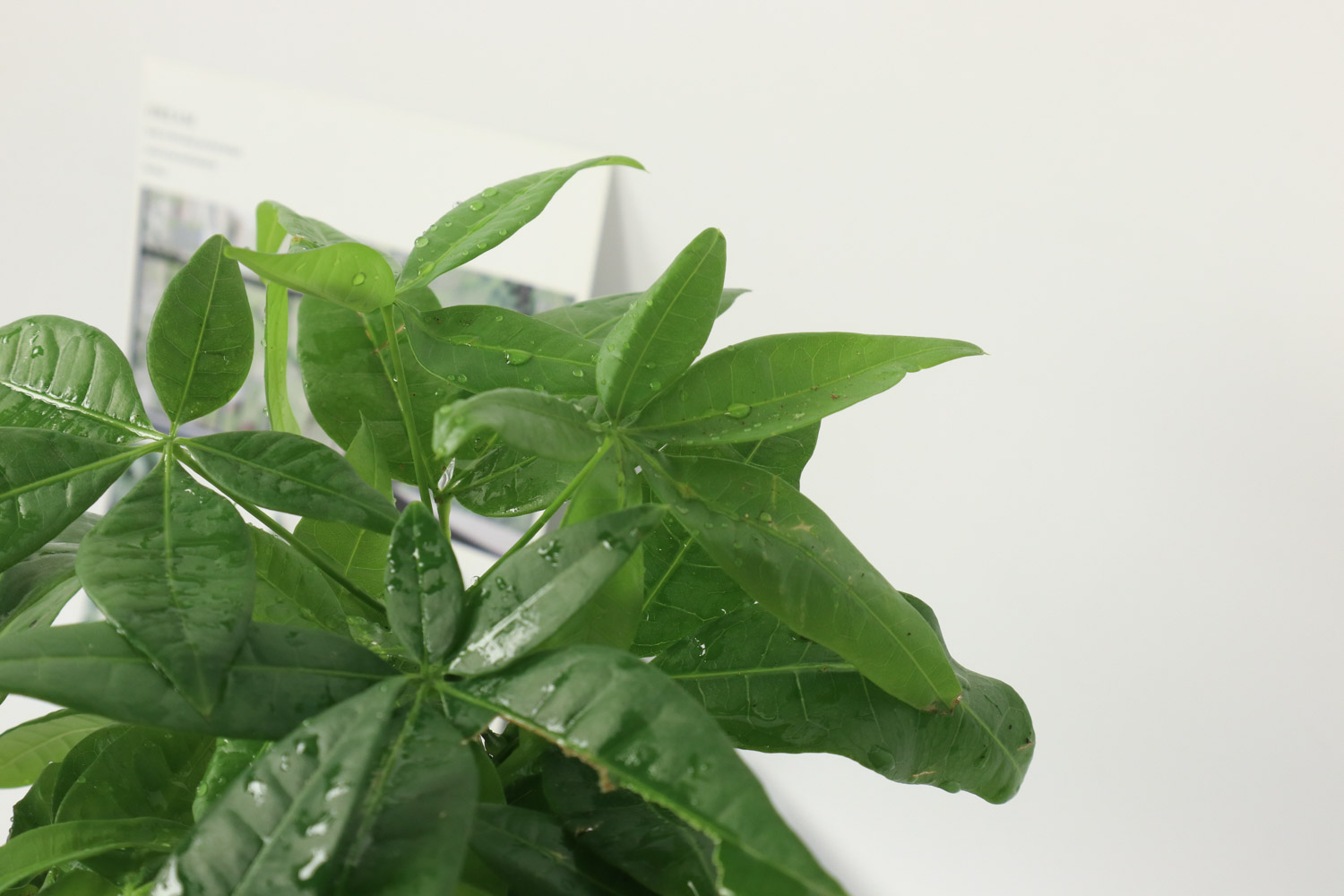
6. When the seeds grow 4-5 leaves, transplant them, apply fertilizer once a month, and change the pot once a year. When you grow to a certain height, you can braid several plants together
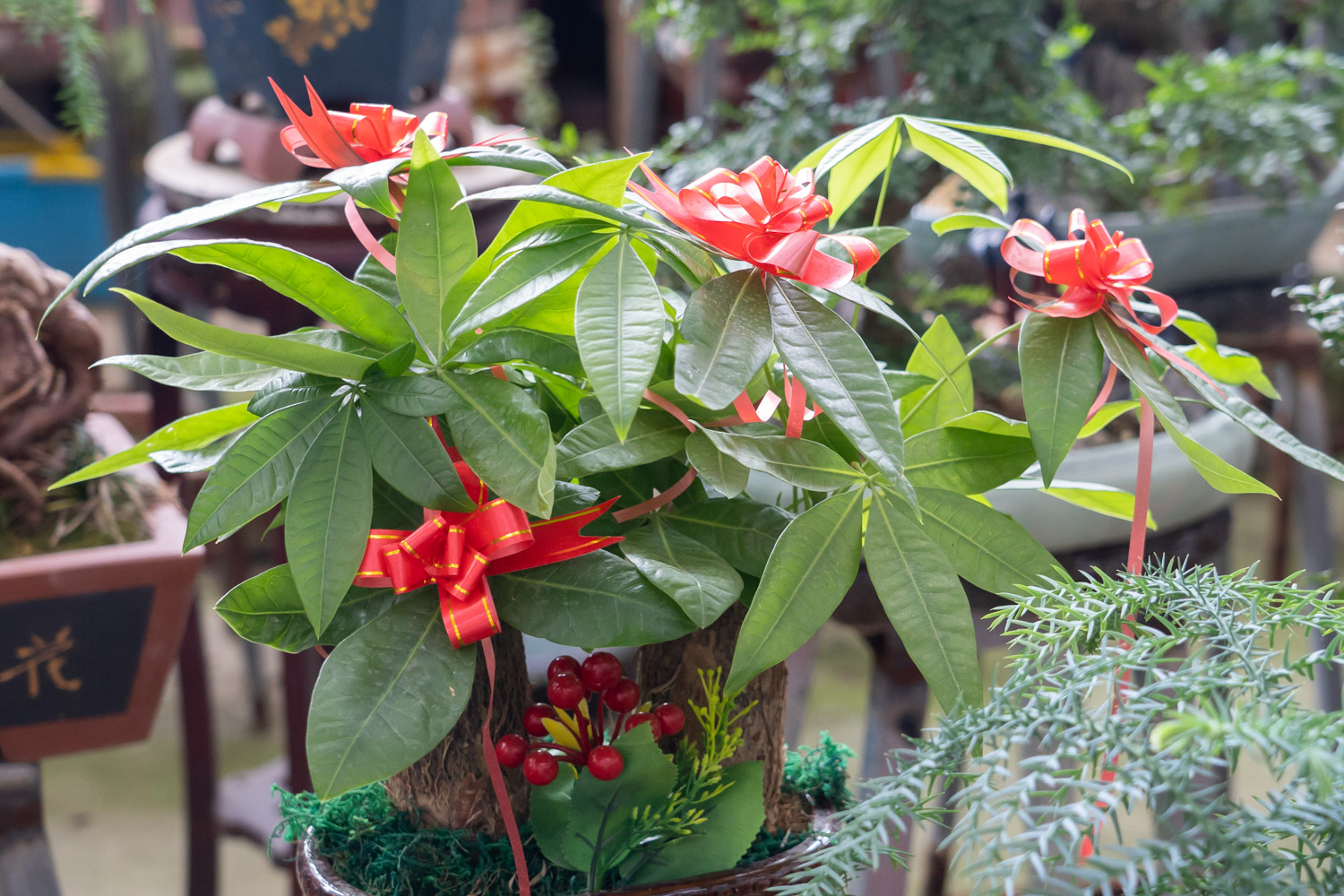
Fleshy
Once fleshy blooms, we will often cut it off. In fact, it's OK not to cut it off. If they cross pollinate and bear seeds, they can reproduce a lot of fleshy! But the seeds are very, very small. You should be careful when collecting them
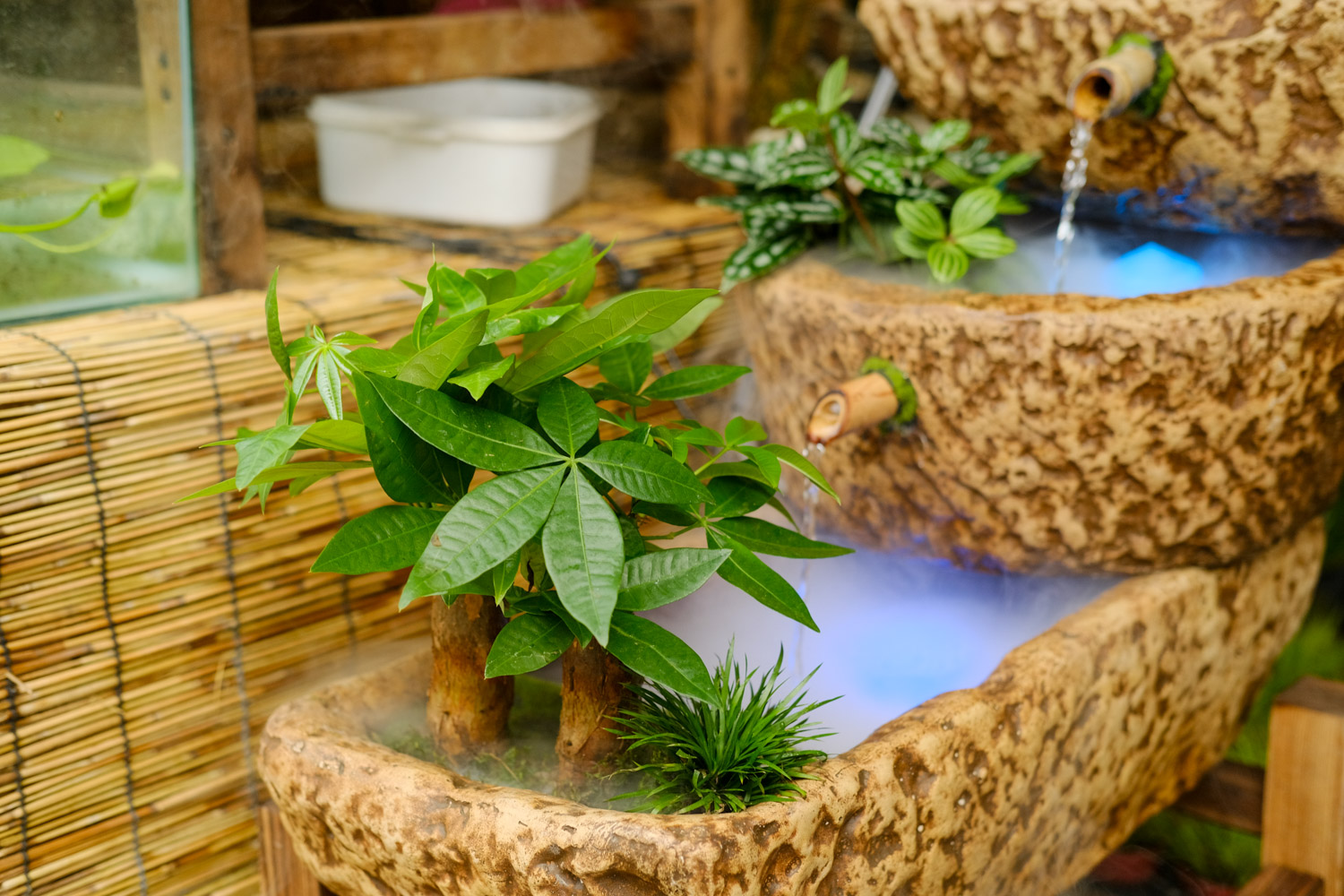
Seeding steps
1. Prepare fleshy seeds, seedling box, carbendazim and sowing soil
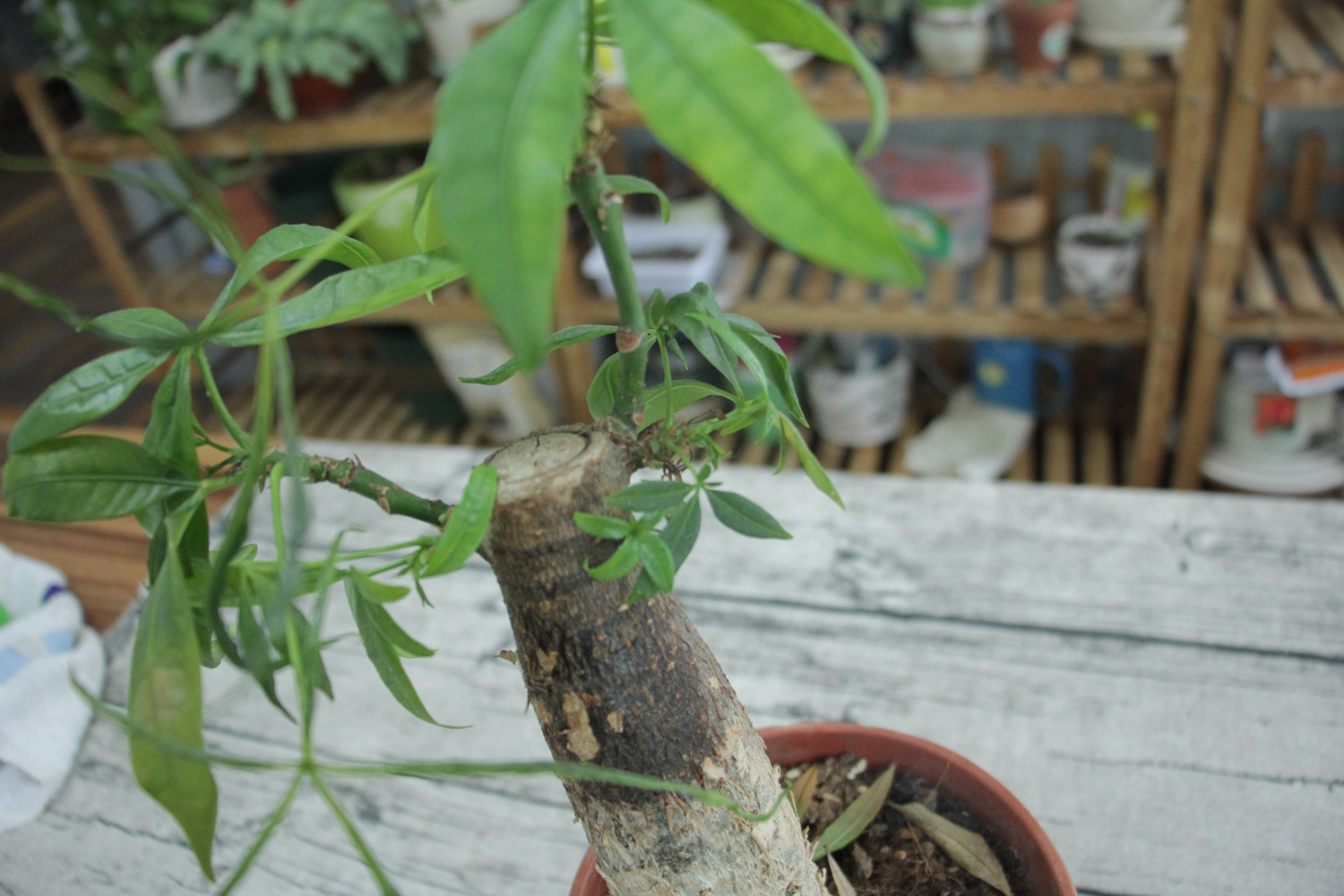
2. First sprinkle a layer of ceramsite on the bottom of the seedling box, then mix the sowing soil evenly, and then put it into the seedling box. The sowing soil can be prepared according to the ratio of peat soil: rice husk carbon: vermiculite: Hematite soil = 1:1:1
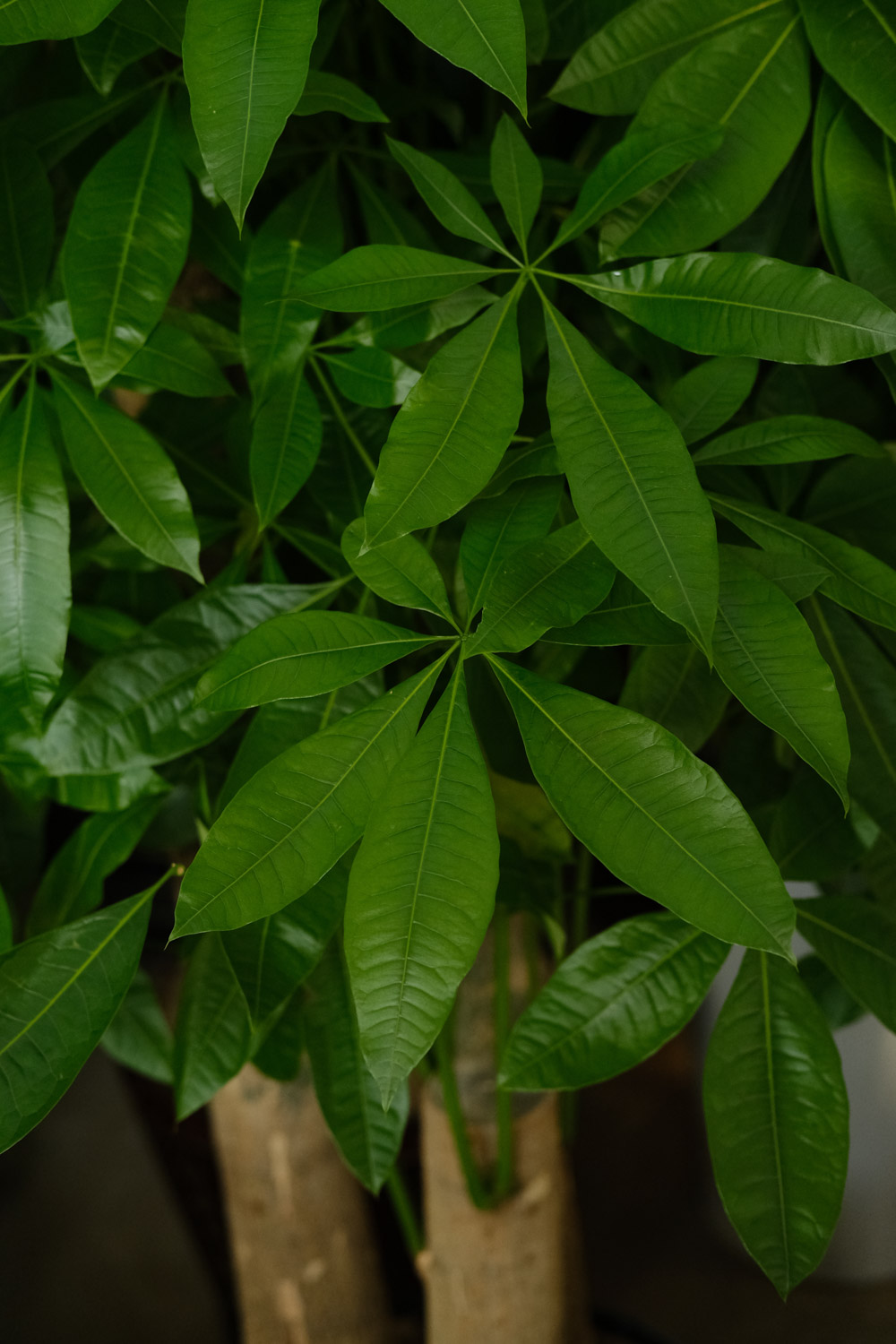
3. Pour carbendazim powder into the box at the bottom of the seedling box, and then pour water. It's about 9 minutes full
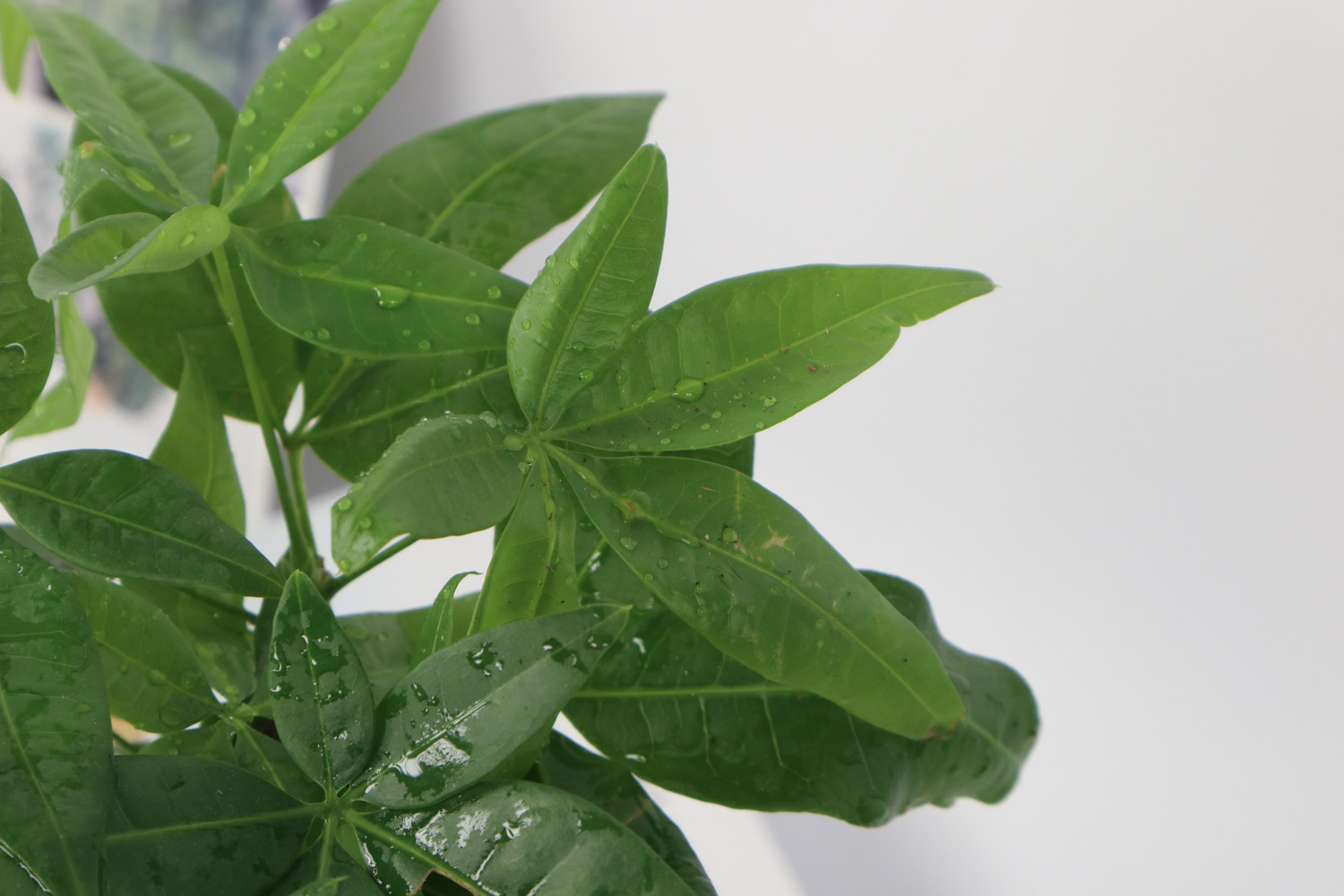
4. Place a grid filled with soil on top of a grid filled with carbendazim solution and let water soak the soil through the hole at the bottom
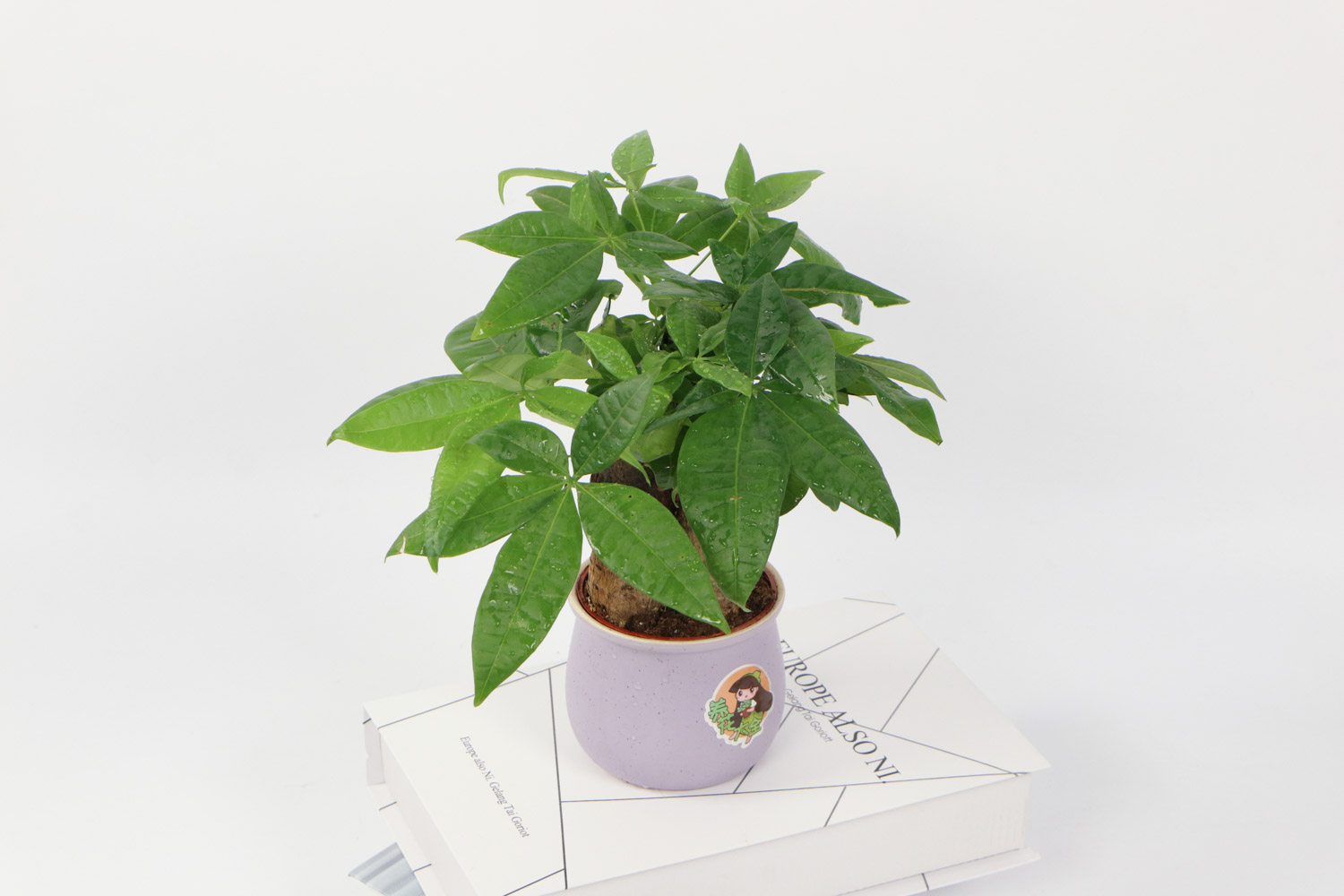
5.10 minutes later, the soil is completely saturated and the carbendazim solution in the bottom box is poured out
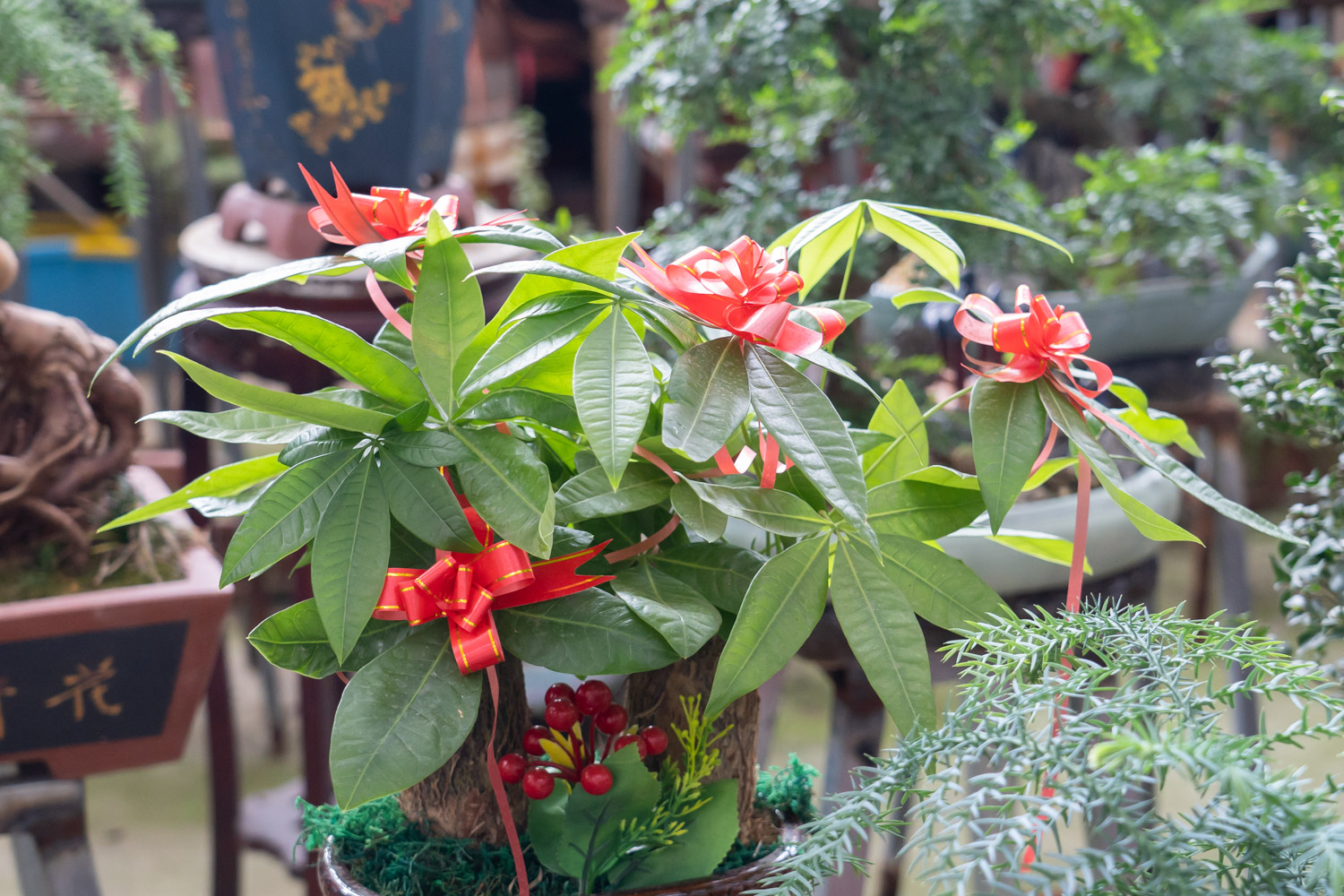
6. Find a piece of A4 paper, fold it in half, pour the fleshy seeds on the white paper, dip them in water with a toothpick, and put them on the soil layer one by one. If it's too troublesome, you can pour them directly on the Internet, but it should be more uniform, and operate under the condition of no wind. Be careful that the seeds are blown away by the wind
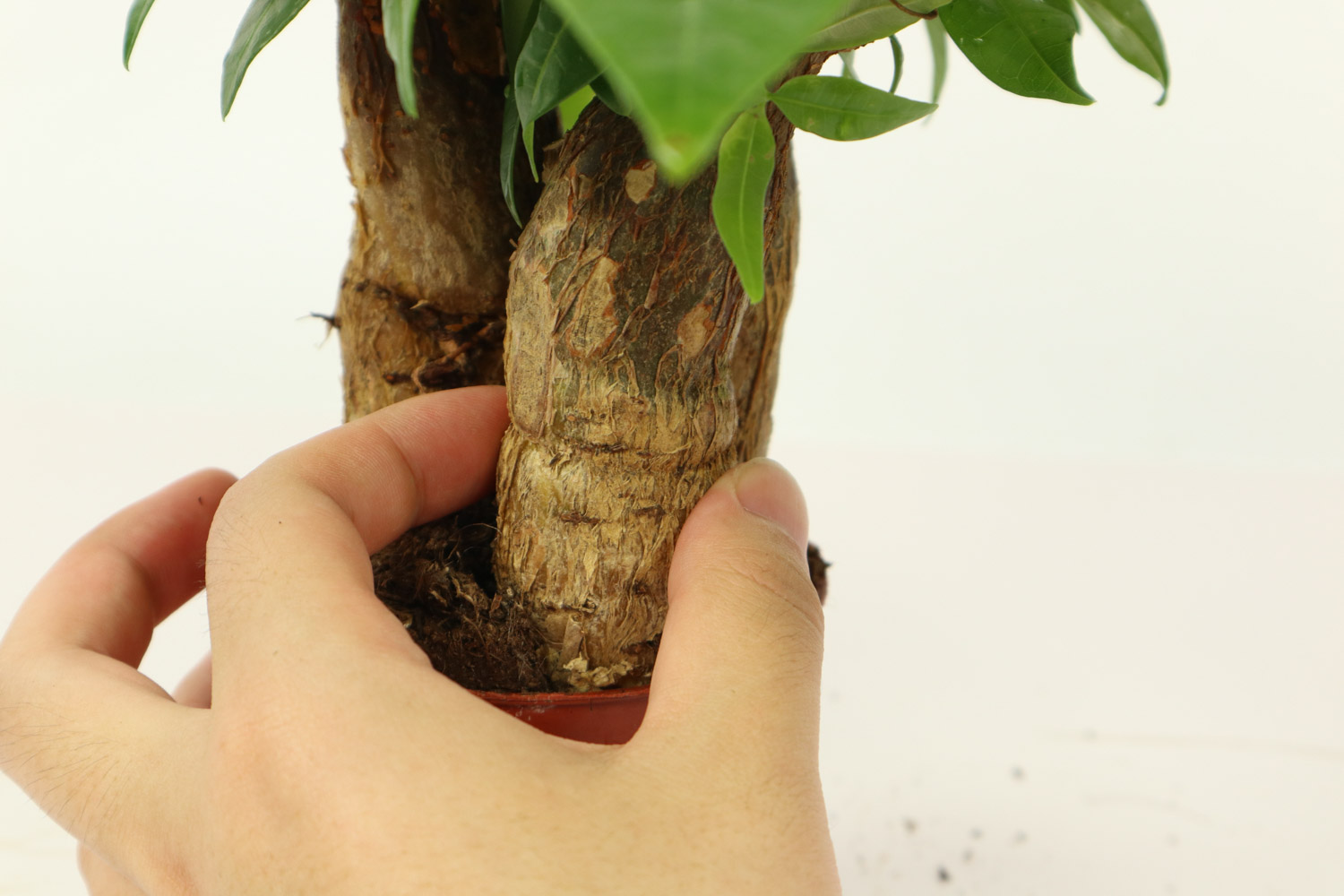
7. Fleshy seeds are small and generally do not need to be covered with soil. After planting, cover them and put them in a place with astigmatism and ventilation. Do not expose them to the sun. Spray water to moisturize the surface soil when it is dry
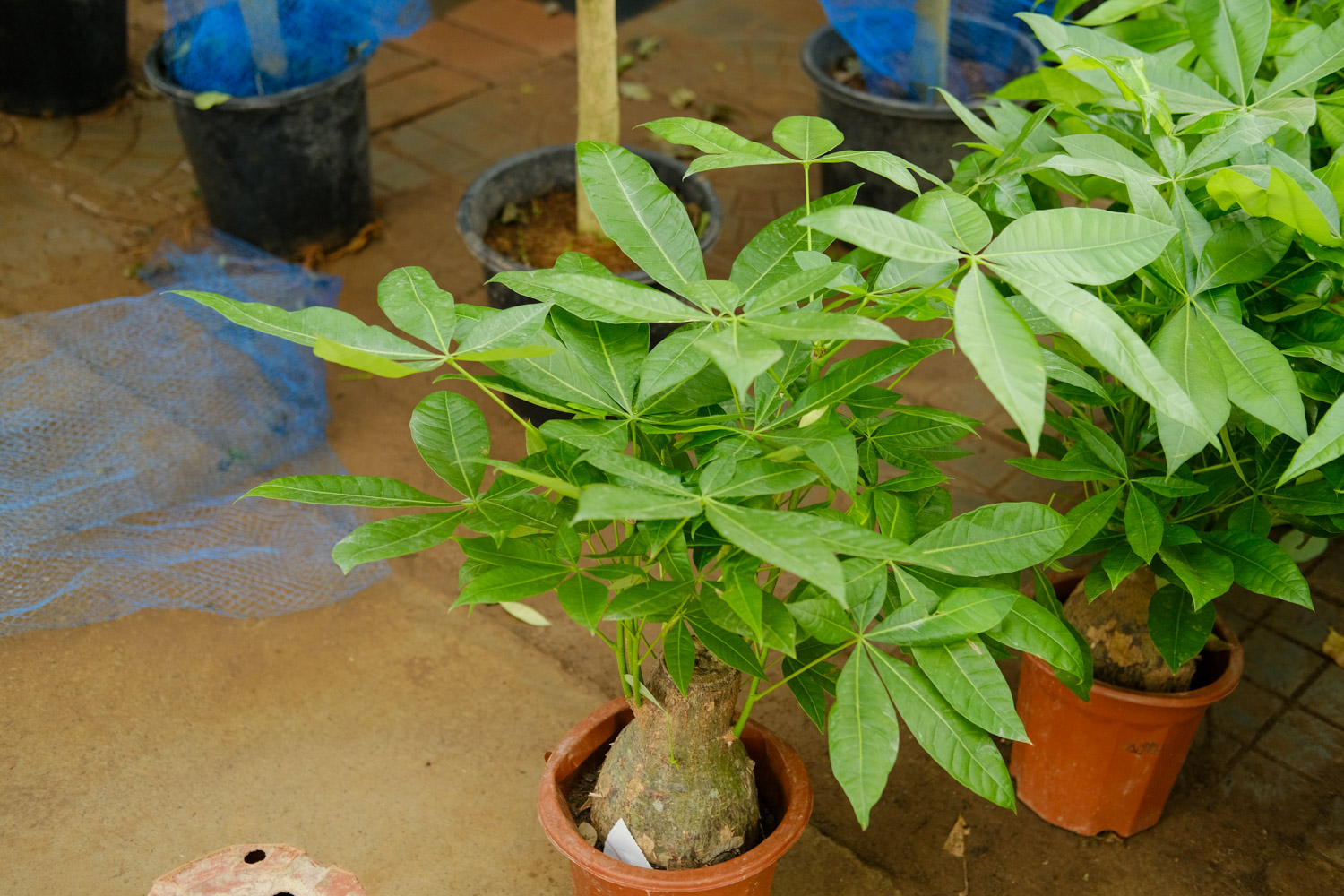
8. About 1-2 weeks later, the seeds begin to germinate. When all the seeds germinate, you can remove the cover and gradually let the meat bask in the sun
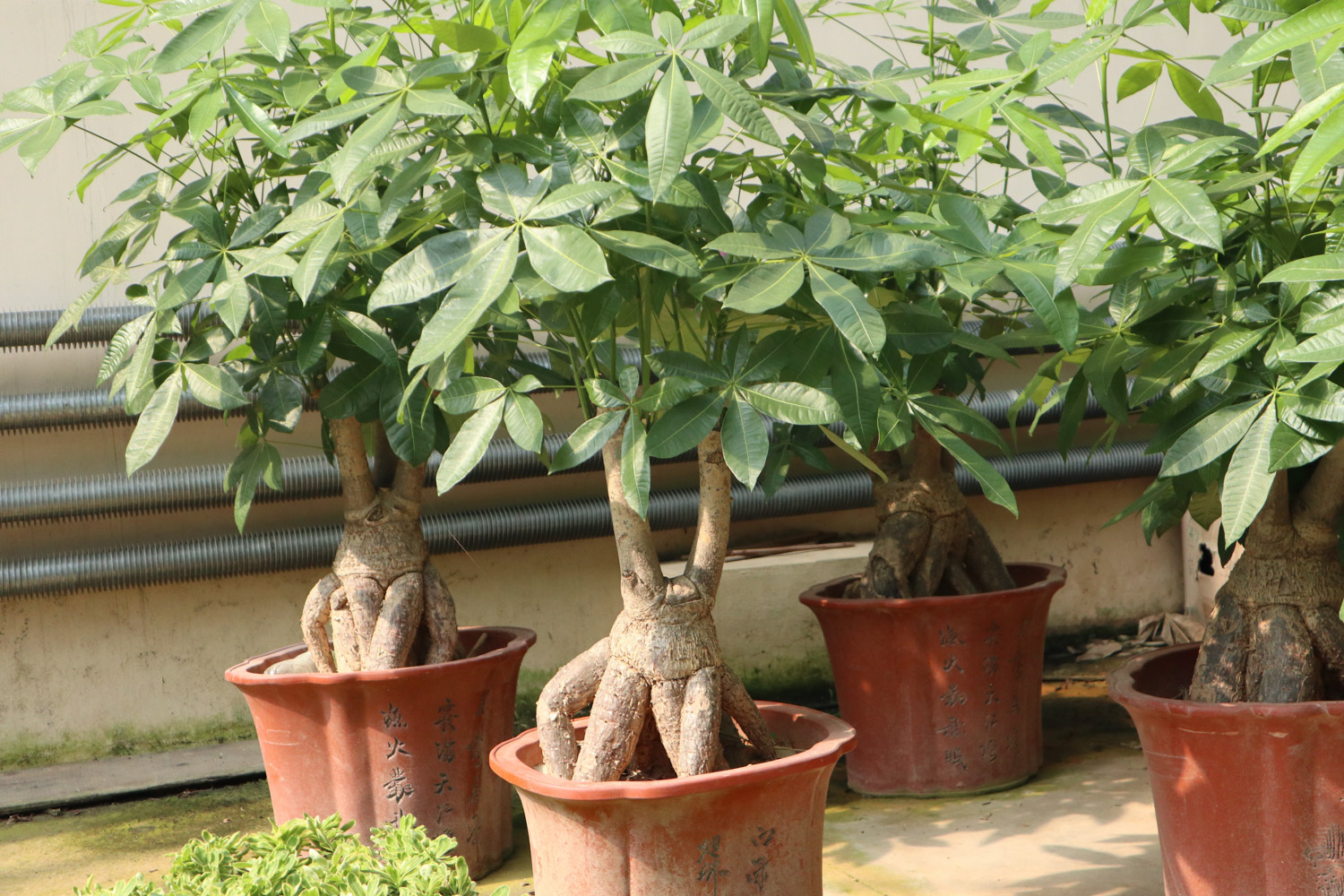
9. About a month later, fleshy began to grow sprouting leaves
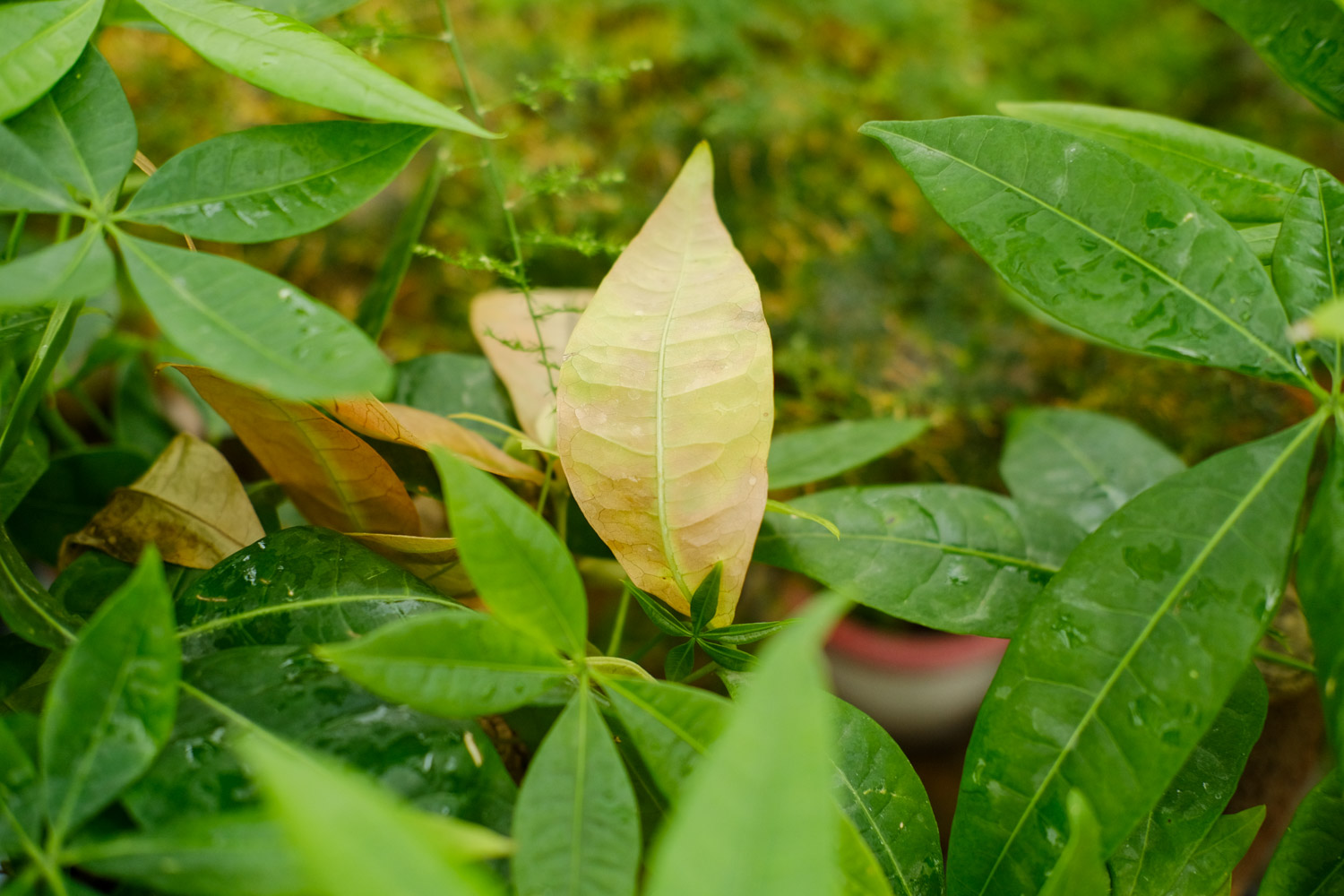
Asparagus
Asparagus flowers are dotted, very beautiful, and the small fruits are also very lovely. Moreover, one of these small fruits can grow a small asparagus
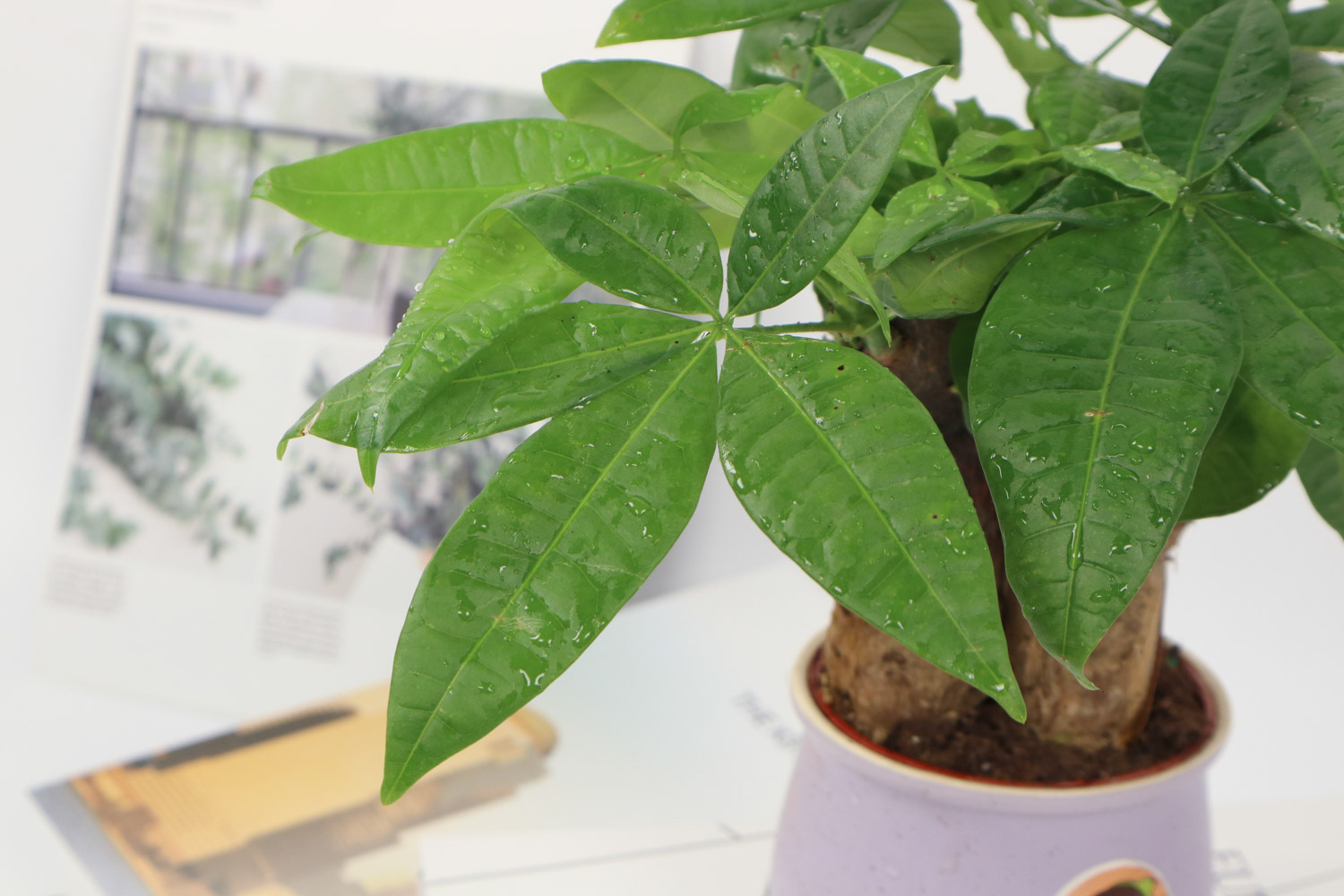
Seeding steps
1. If you want asparagus to germinate, you have to choose the one that is ripe, black, hard and the size of mung bean
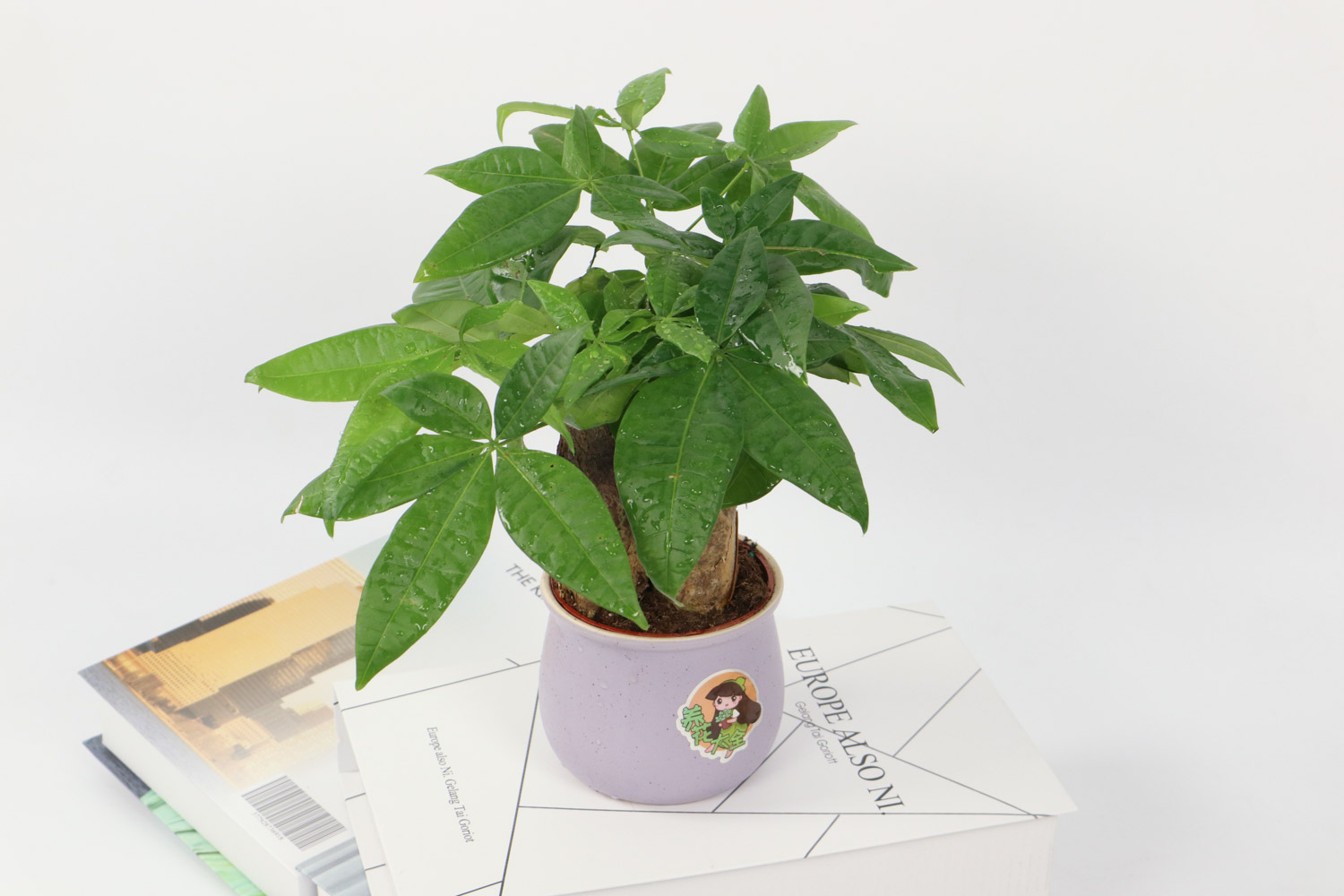
2. Pick the mature seeds, clean them and soak them in water for half an hour to an hour to soften the epidermis and make it easier for small buds to come out
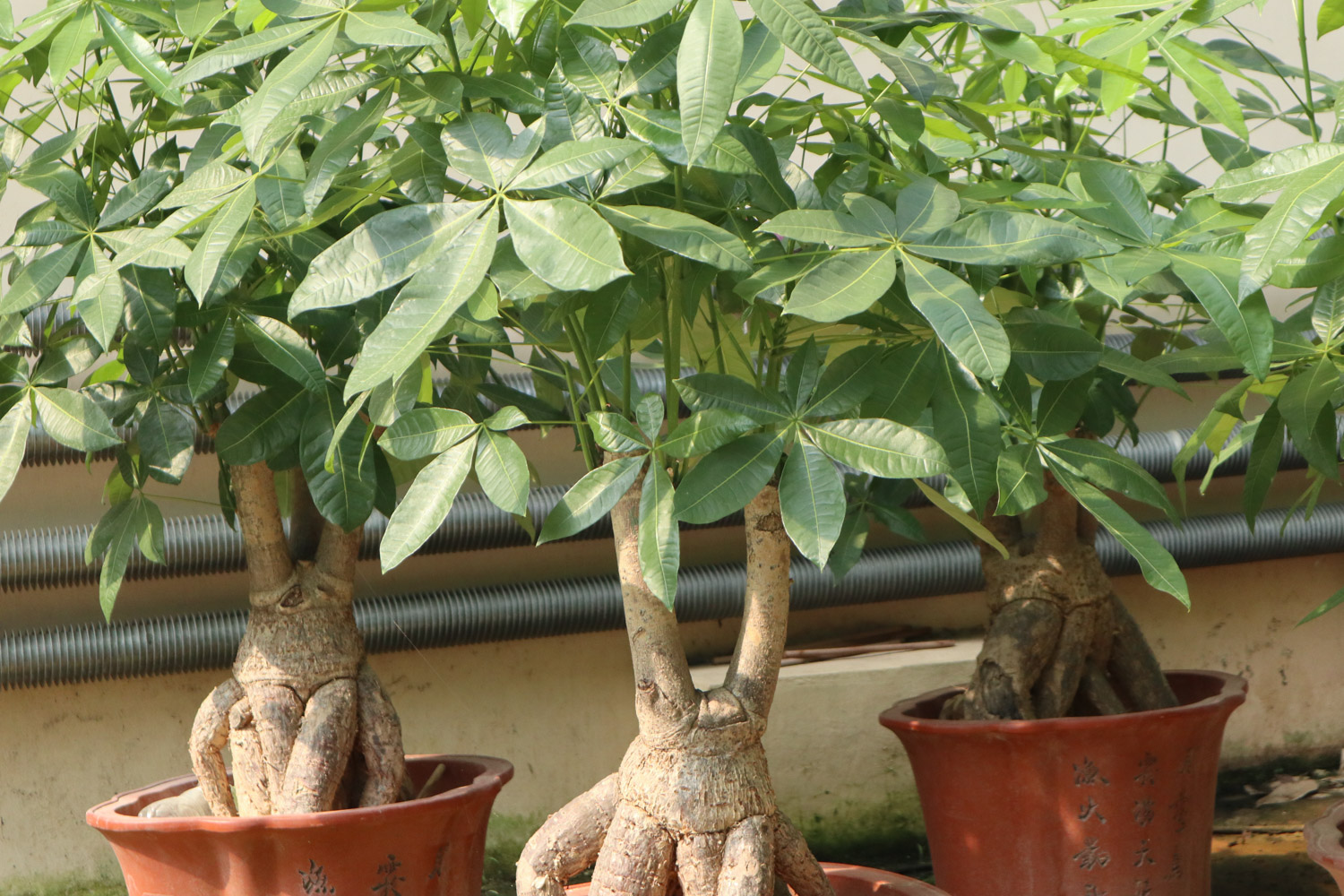
3. Prepare loose and fertile rotten leaf soil or peat soil and put it into flower pots as planting soil for asparagus
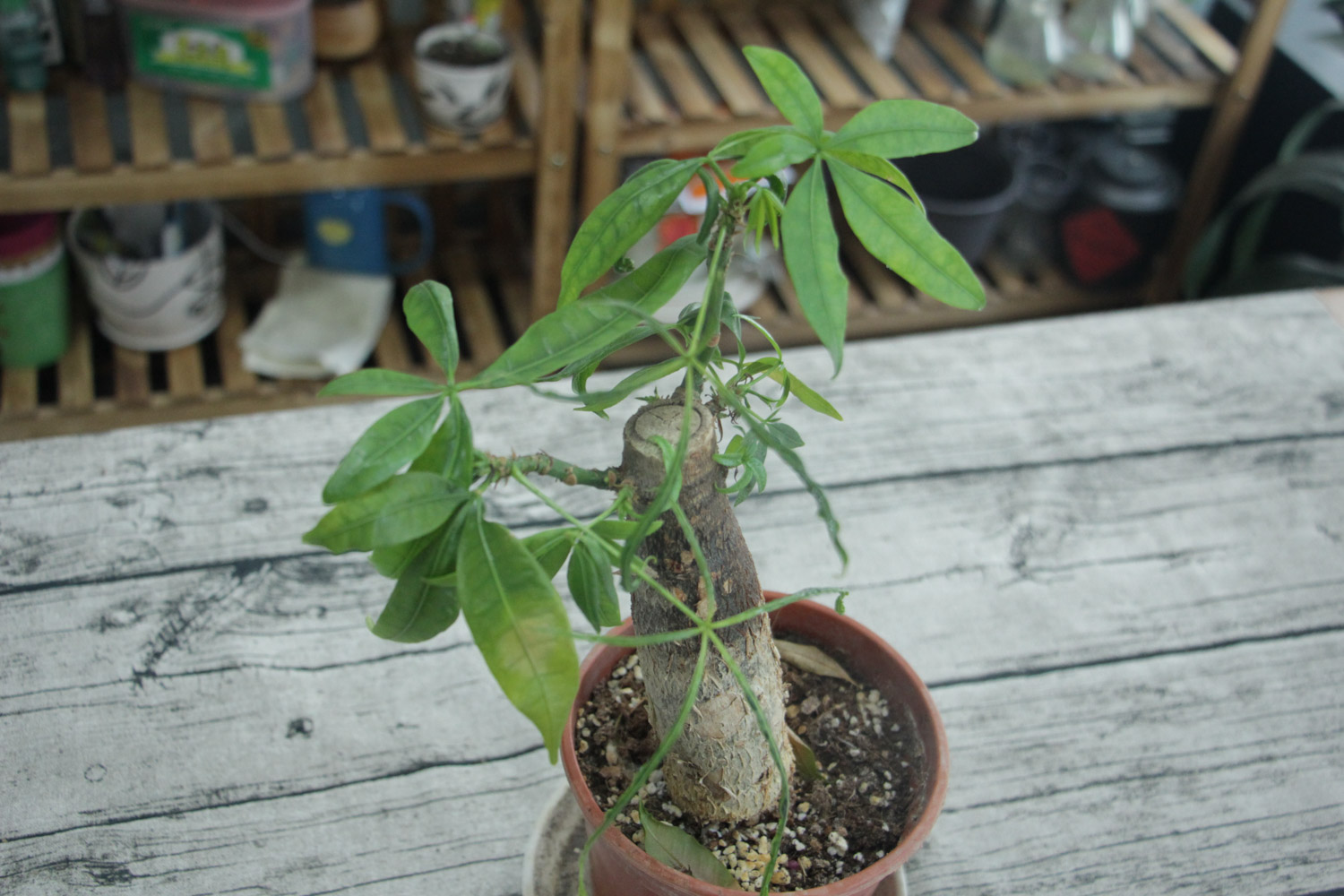
4. Sprinkle the asparagus seeds evenly in the basin, then cover the soil layer about 2-3cm above the seeds, pour water, and cover with a plastic bag to moisturize
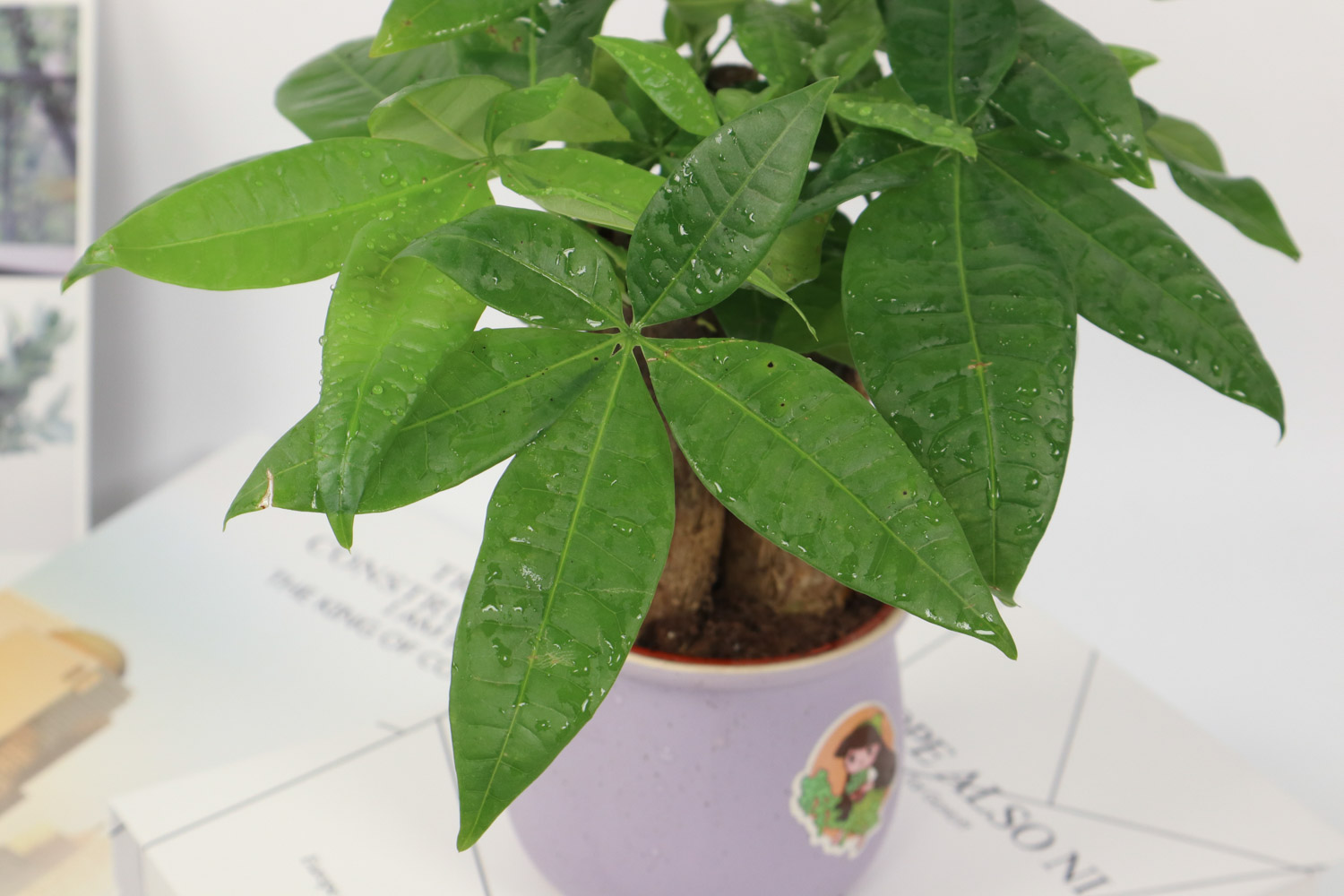
5. Open the plastic bag for ventilation for 3 hours at noon every day and spray water every day to keep the soil moist. The seeds will germinate in about 20-30 days! After germination, remove the plastic bag and put it in a place with astigmatism and ventilation for curing
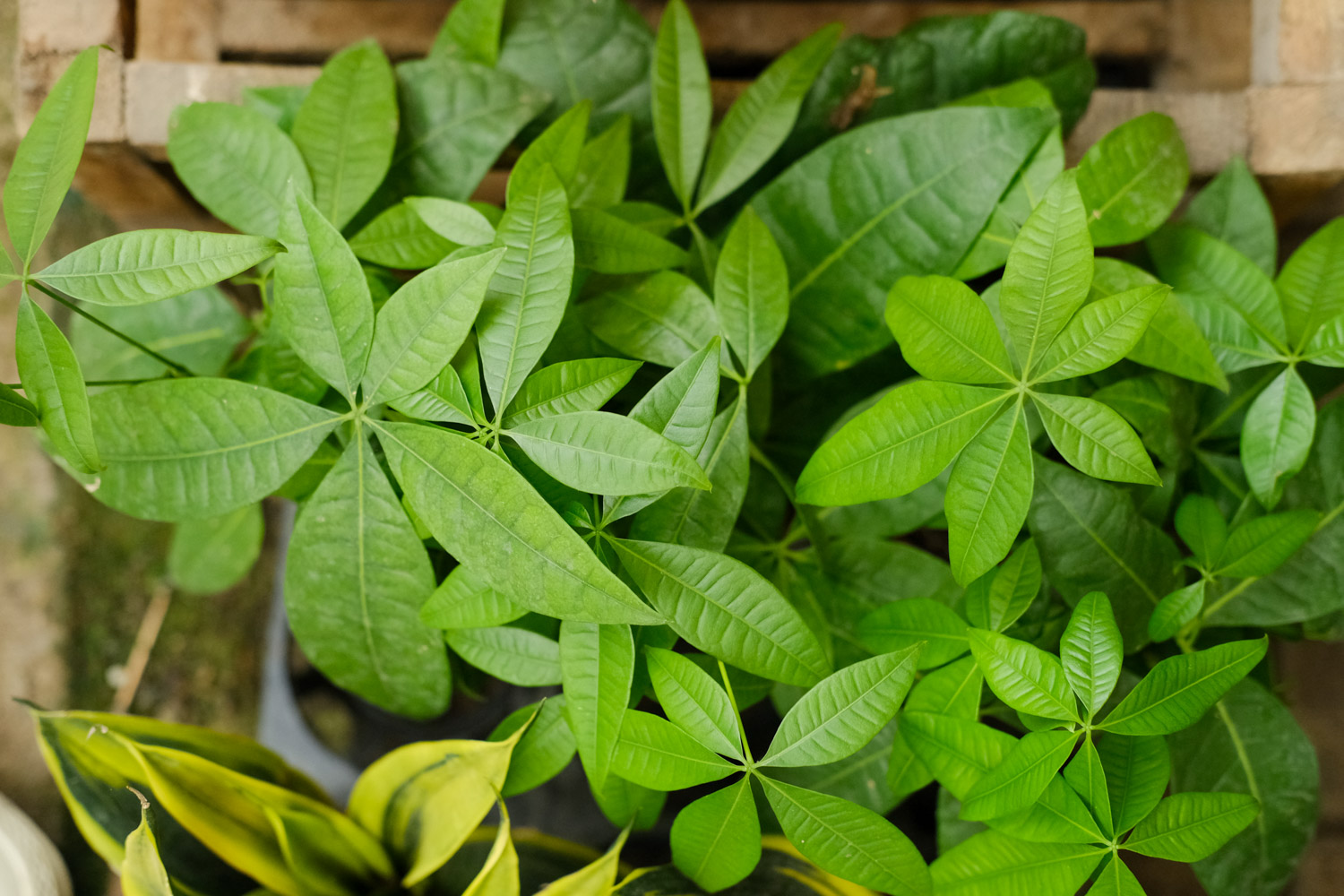
6. Keep the watering frequency of no drying and no watering, and the astigmatism and ventilation environment, and the small asparagus will grow up bit by bit
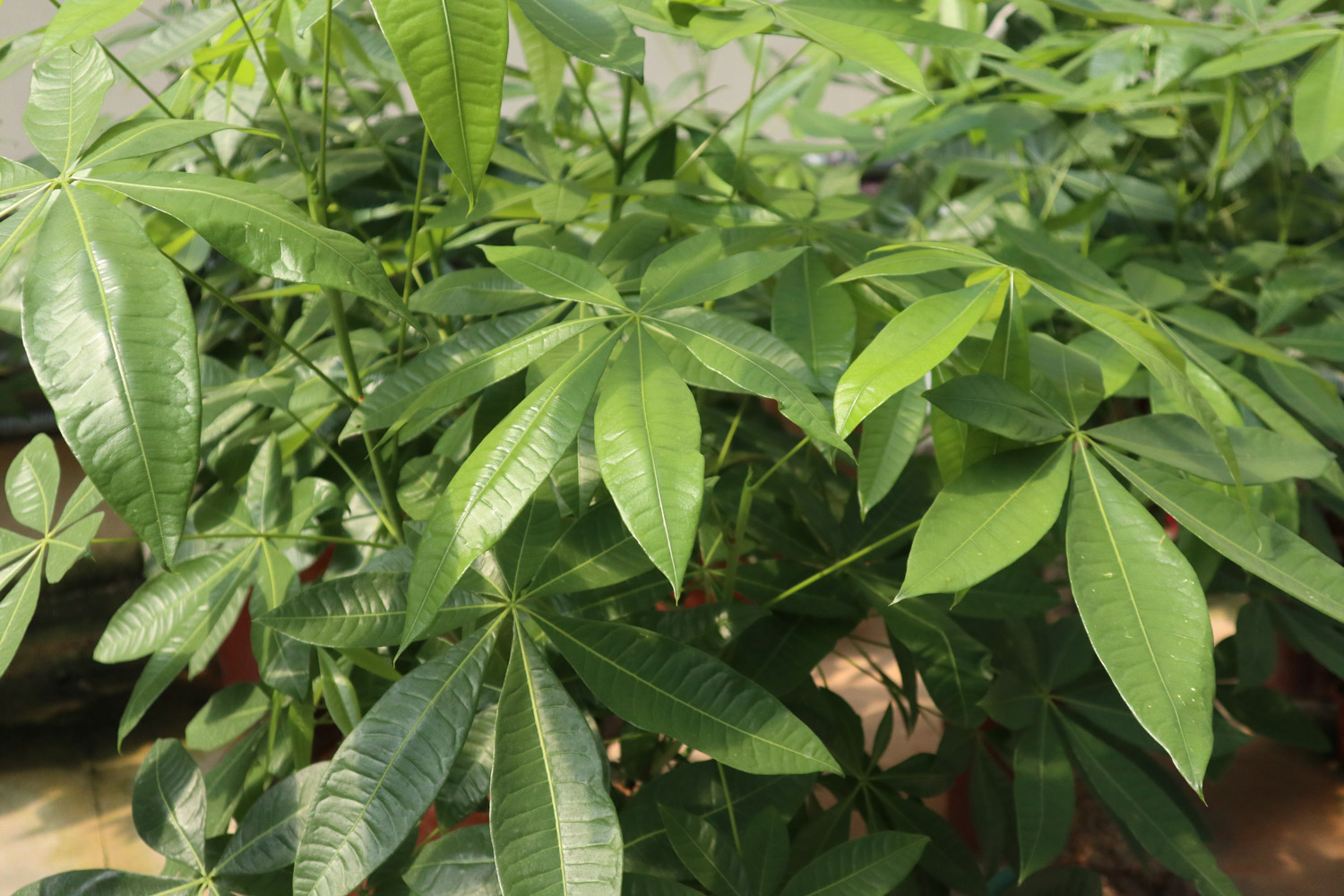
7. When the scattered leaves of small asparagus appear, we can transplant several small asparagus into other flower pots
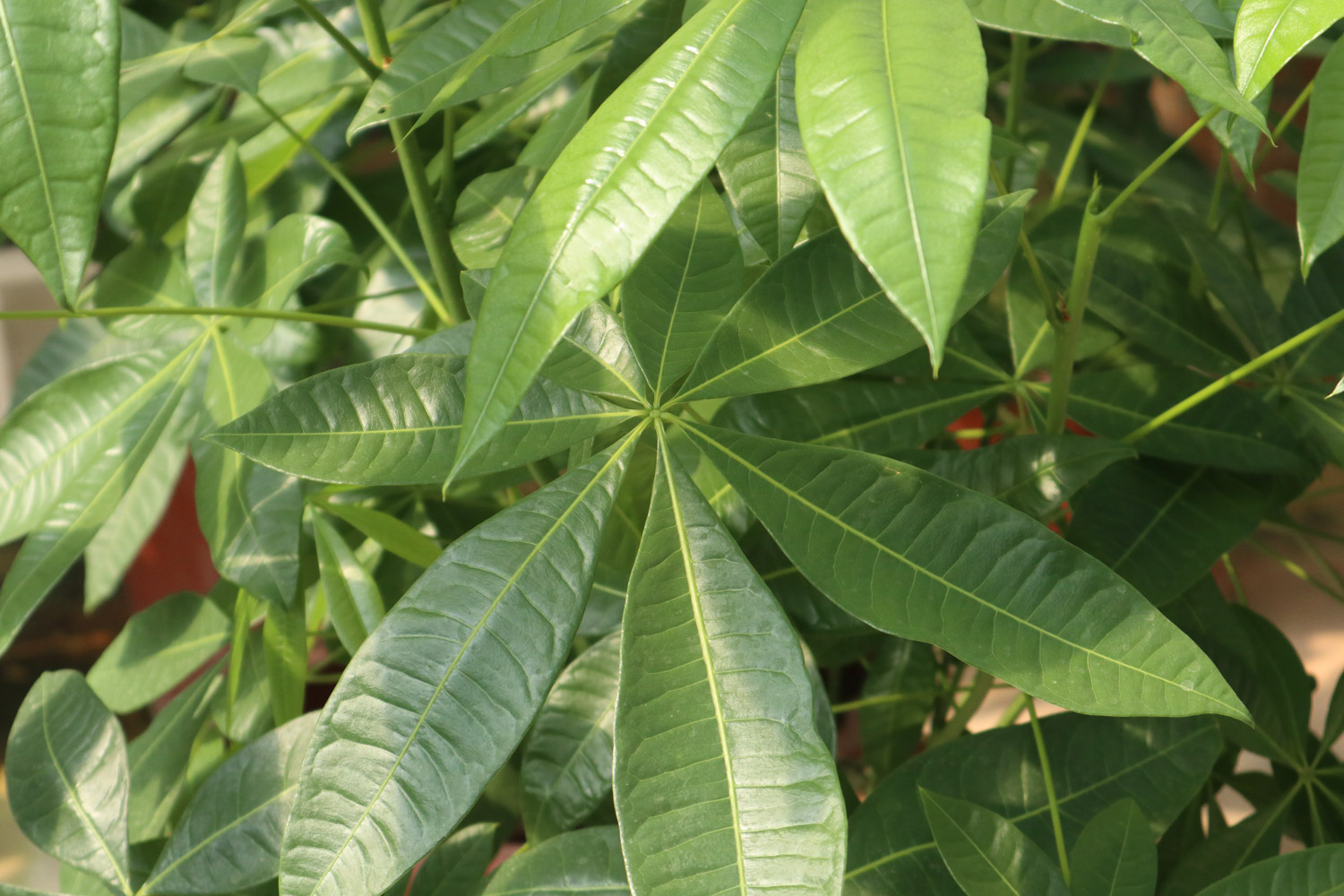
8. In this way, you will soon become a big family of asparagus! Moreover, the bamboo skin planted by ourselves is solid and easy to raise. It's easy to climb all over the wall
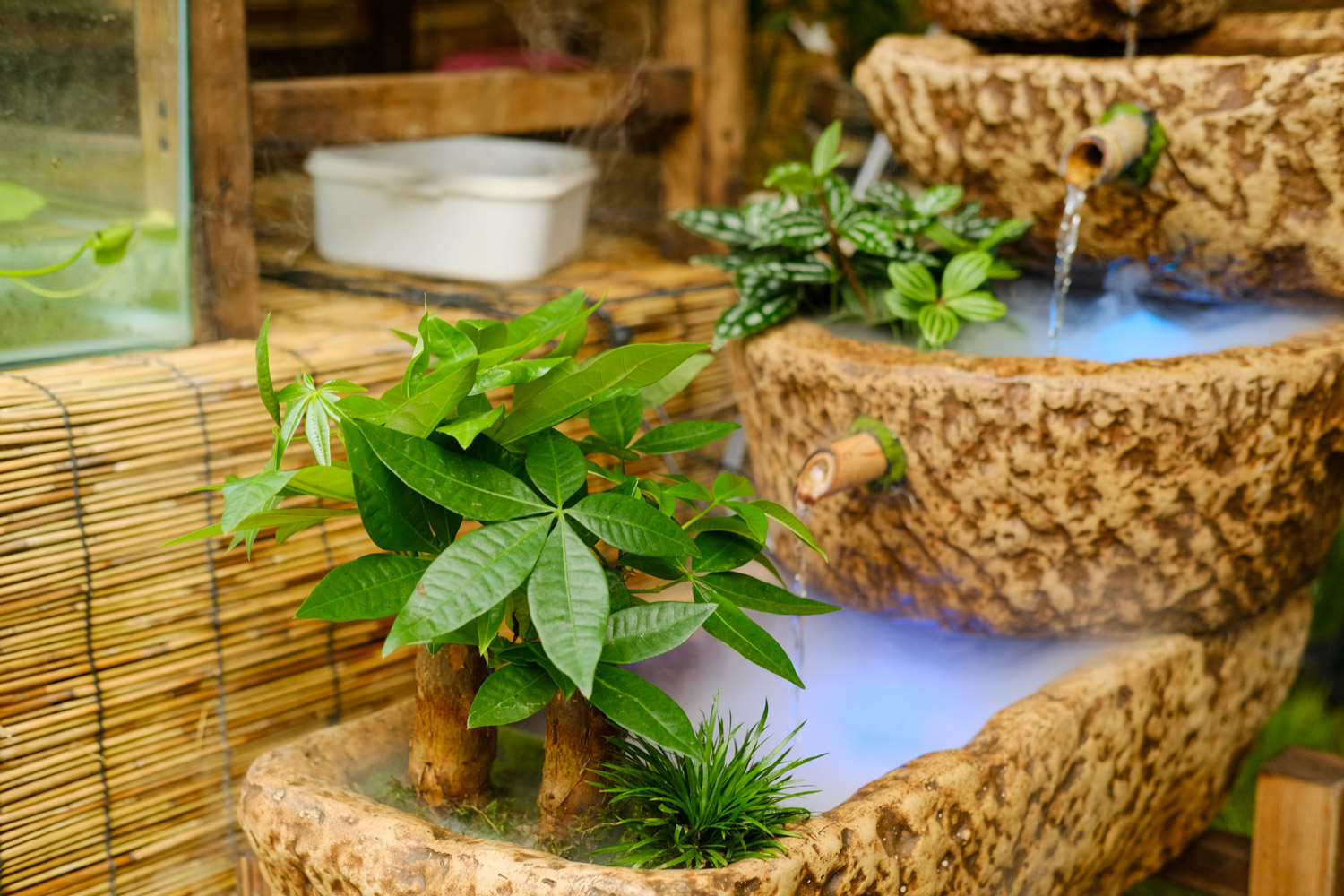

 how many times do yo...
how many times do yo... how many planted tre...
how many planted tre... how many pine trees ...
how many pine trees ... how many pecan trees...
how many pecan trees... how many plants comp...
how many plants comp... how many plants can ...
how many plants can ... how many plants and ...
how many plants and ... how many pepper plan...
how many pepper plan...




























